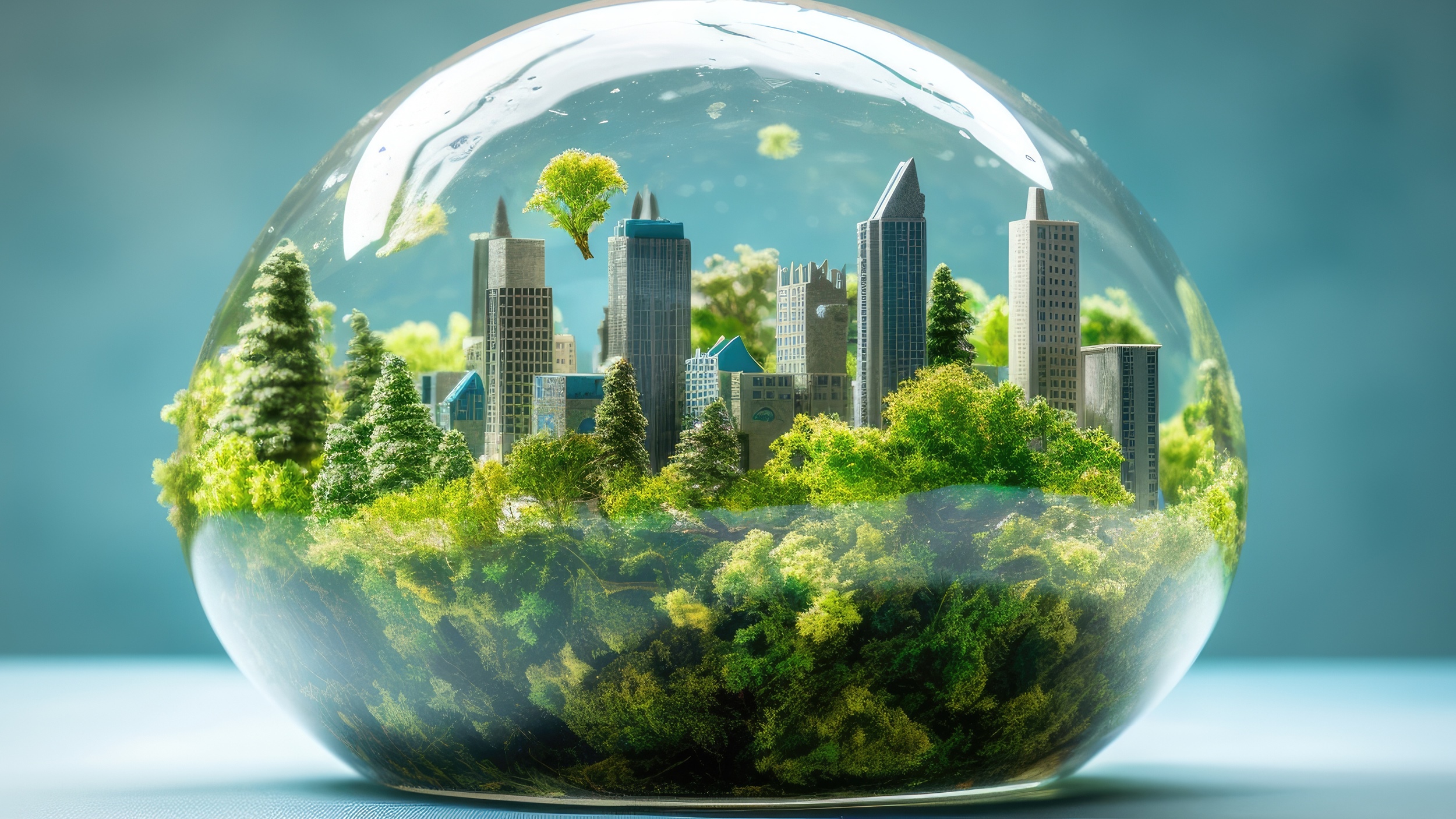Driving Green Investment and Trade to Jointly Build Global Eco-Civilization
Balancing economic growth and environmental sustainability, as affirmed in the UN 2030 Agenda, is the shared mission for the international community, which requires dedicated and development-oriented economic cooperation in terms of financing, trade, investment, and technology innovation at the global level.
Since 2020, the world economy has been at the brink of recession amid the multiple and cascading crises including the Covid-19 pandemic, geopolitical tensions, debt distress, inflationary pressure, and food insecurity etc. The latest UNCTAD projection shows that the global growth in 2023 might be only 2.1%.
On top of that, climate change is becoming a more pressing global challenge. Various research from UNFCCC and IPCC have found that global mean surface temperature (GMST) for the decade 2011-2020 had been 1.09°C above the 1850-1900 period. But the current mitigation commitments included in the NDCs fall far short of what is required to curb global warming with the ambitious targets set by the Paris Agreement and global temperatures are on track to rise 2.8°C by the end of the century.
Climate change is already causing severe disruptions to life and livelihoods, huge economic damage and widespread adverse impacts on ecosystems, further hindering efforts to achieve UN 2030 Sustainable Development Agenda. It is estimated that, from 1970-2019, there were 11072 weather, climate and water hazards for the globe, which resulted in 2.06 million deaths and USD 3.64 trillion in economic losses.
Furthermore, such impacts are disproportionally affecting vulnerable communities, regions and countries, particularly LDCs and SIDS, which have limited response capacities and lack of adequate financial and technical resources. This has led to a widening of the global development financing gap, especially in the face of an uncertain and unfavorable external macroeconomic environment for developing countries. To scale up development and climate finance, the Addis Ababa Action Agenda has identified 7 key action areas of which trade and investment are integral part.
Trade and investment not just can mobilize financial resources, but also help to enhance economic diversification and resilience through promoting industrialization, expanding production base, creating jobs, upgrading technologies, and participating in global and regional value chains which are essential for long term growth particularly for developing countries. To close the development and climate financing gap, there is a need for the international community to rethink the global financial and economic architecture including trade and investment and align it with the SDGs.
Objective and Questions
The main objective of the Sub-forum is to convene high-level representatives and experts from government agencies, international organizations, academia, and industries to discuss how to better leverage trade and investment for scaling up development and climate financing, as well as boosting green technologies and innovations through reshaping the global trade and investment policy agenda. UNCTAD will showcase its latest research on China’s policy experience with green development. Below are guiding questions to frame the discussion and intervention:
- In review of global economic landscape and national development strategies, what are the key policy trends regarding climate financing, trade, investment and environmental sustainability?
- What are the challenges and binding constraints faced by the developing countries in mobilizing development and climate finance, and how can trade and investment help to bridge the financing gap?
- How to foster more development- and environment-friendly global economic governance such as macroeconomic policy coordination, financial architecture, trade and investment agenda etc.?
- How can we promote South-South Cooperation to accelerate the green and structural transformation of developing countries? and what lessons the Global South can learn from the peer’s policy experience and practice in this regard?

